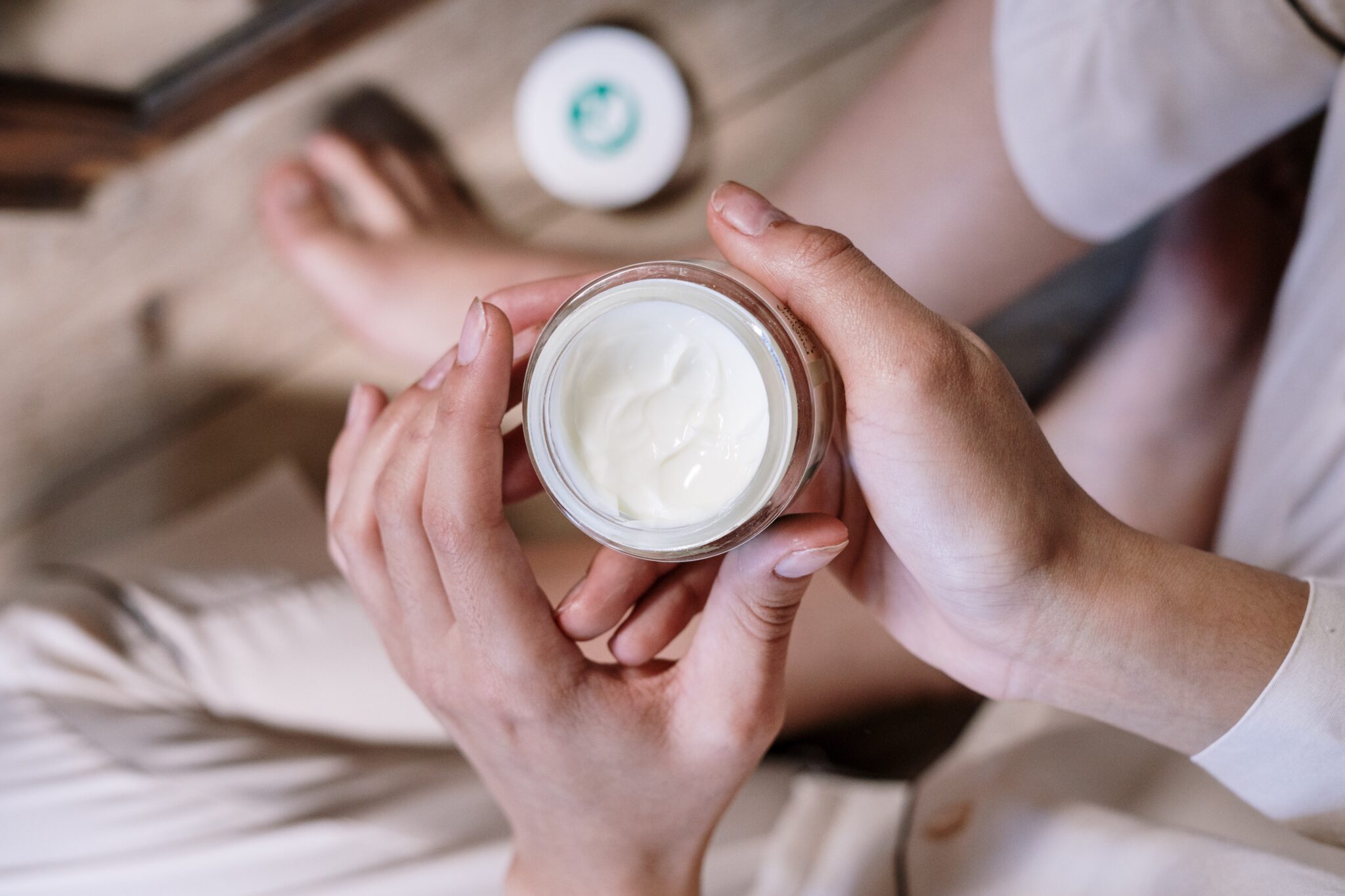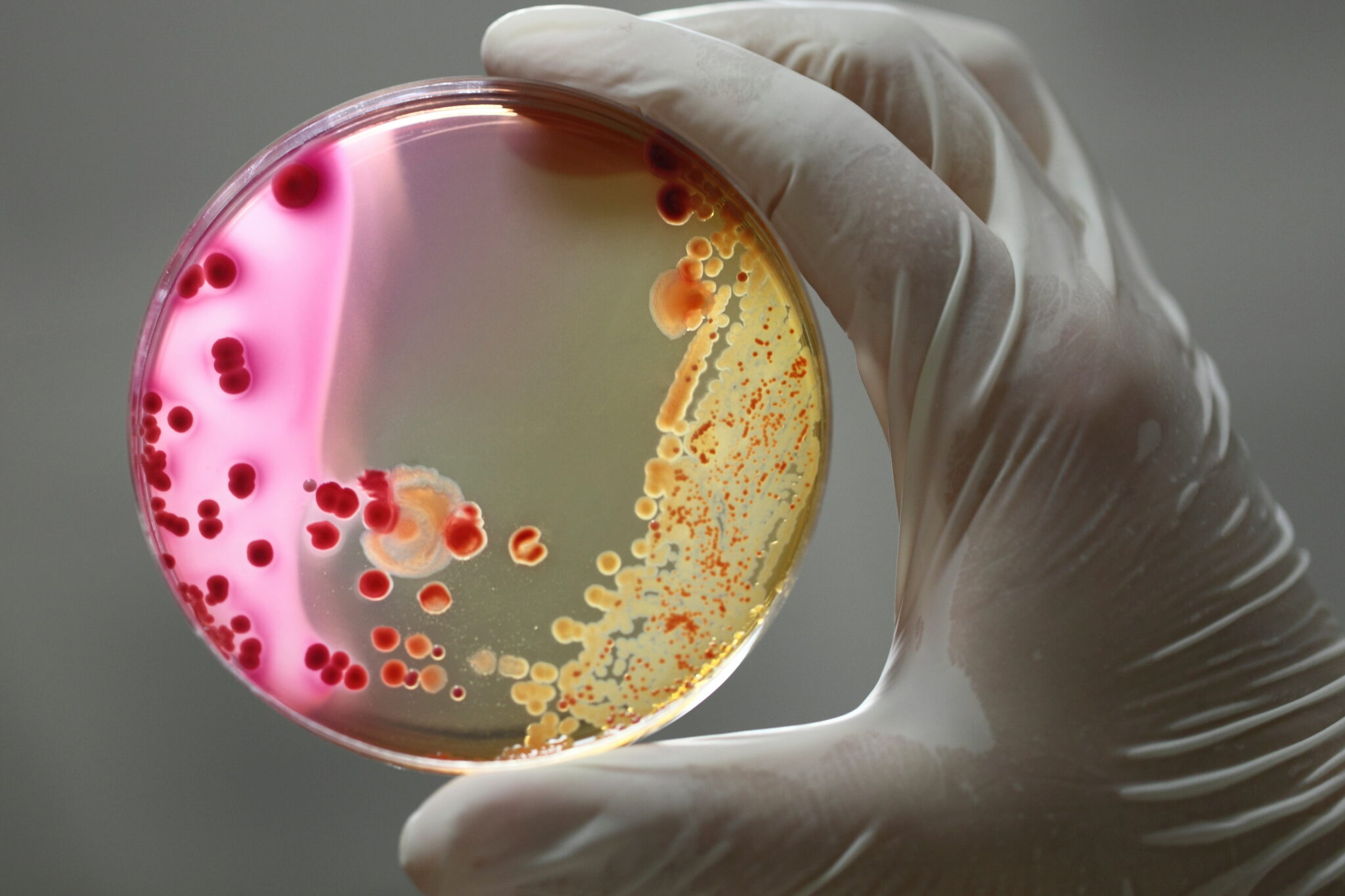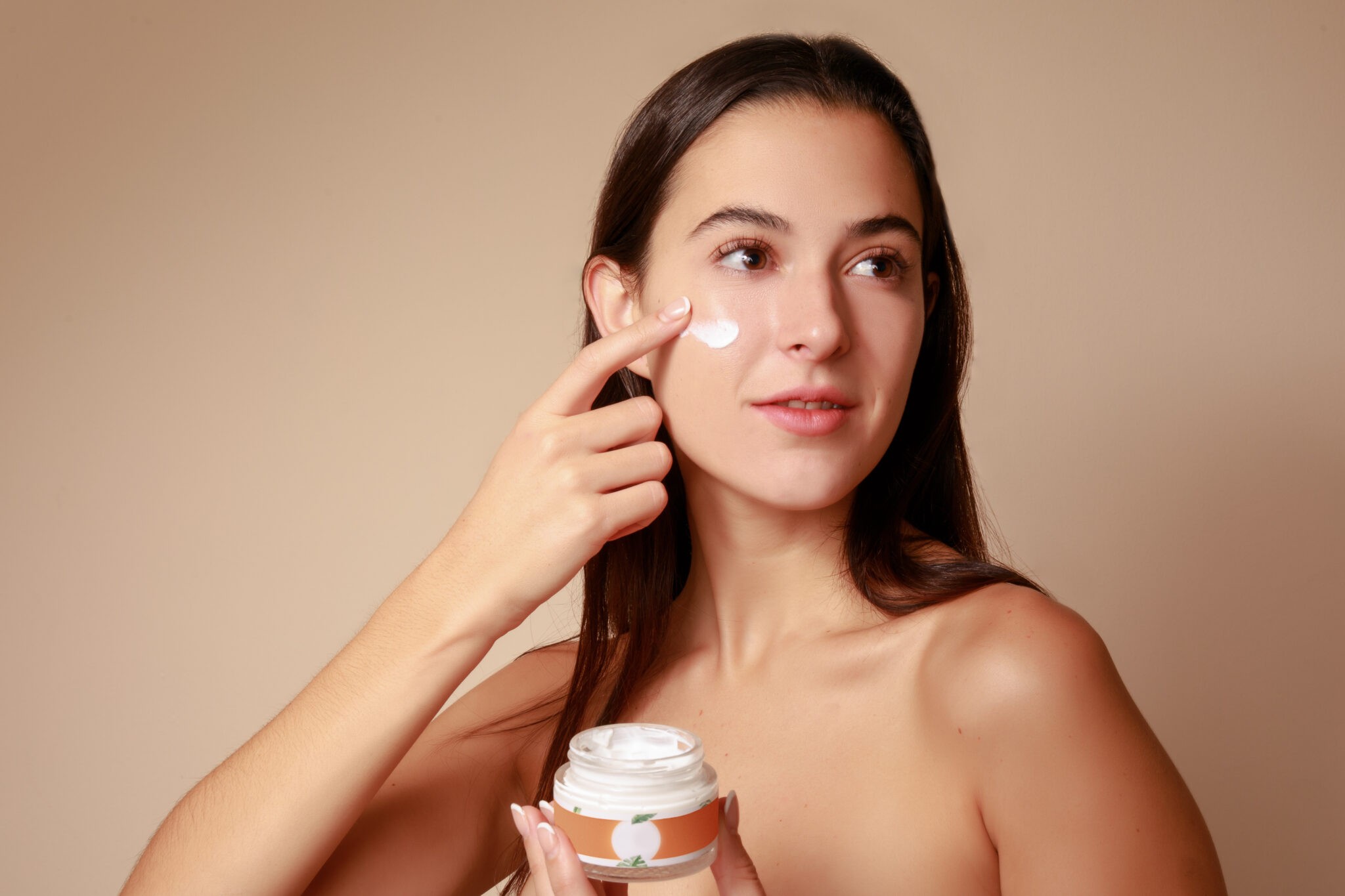As a result of the quest for personal health and wellness, modern consumers are looking for cosmetics that align with our lifestyles and which offer the best results as regards care. Personal wellness and wellness for the planet are leading the way in conscious body care that is creating a demand for specialised functional ingredients and sustainable and ethical manufacturing methods that do not affect the quality of the final product.

Well-being and the pursuit of health are intertwined to become the most cutting-edge trends, with a 42% increase in the last two years of new launches that meet these claims. Being that, its evaluation goes one step beyond subjective studies, acquiring a highly scientific profile with tools such as taking electrophysiological measurements or the evaluation of facial microgestures that allows sensations and emotions to be detected in an objective way.
‘Body positive’, new trend in the cosmetics sector
As a result of self-care, movements such as Body positive have emerged, which seeks to maintain a positive attitude towards one’s own body to bring out the best version of oneself. The image is established by the desire for a natural appearance, but which at the same time combats the signs of ageing. In this context, the acceptance of surgical interventions is becoming more and more commonplace; however, consumers value non-invasive treatments in search of new technologies and equipment that enhance the effectiveness of cosmetics. To this end, in response to a more aware and informed consumer, products with proven clinical efficacy are on the rise, with informative packaging highlighting both the active ingredient and its efficacy being key marketing strategies.
On the other hand, new launches are highly scientific in character, focusing on the type of active ingredients and formulae that attack specific molecular targets in the deepest layers of the skin and in the microbiome, achieving maximum precision with the use of revolutionary techniques such as massive sequencing (NGS). Pioneering technologies used in aesthetics such as exosomes are making their way into cosmetic products as a novel and physician-validated way to target skin healing. Exosomes are small, extracellular vesicles that cells secrete into the extracellular environment and play a vital role in cell-to-cell communication in the transfer of biomolecules, which promotes cell renewal and regeneration. Their use is expanding into fields of regenerative medicine, and they are becoming an attractive response to the growing consumer demand for evidence of credibility and efficacy.

Trends are heading towards the reinvention of the best-known assets
In the search for new active ingredients, the trend is towards the reinvention of the best known of these. For example, in the case of retinol, safer alternatives such as hydroxypinacolone retinoate are emerging, with a four-fold increase in launches in recent years.
An innovation that aims to encompass environmental demands by seeking substitutes of natural origin. Botanical claims have appeared in 64% of global launches, with consumers perceiving botanical products as effective, safe and gentle. In this context, plant-based alternatives to the most recognised skin care actives are emerging, as well as upcycling or laboratory-based biotechnological methods such as plant biofactories, cell cultures or ferments. For example, alternatives to hyaluronic acid are appearing on the market with ingredients that promote the production of the acid, such as hibiscus bark extract (SD Biotechnology Co); or natural substitutes such as the Tremella fungus, due to its enormous capacity to capture water.

New fields of action: artificial intelligence and Big Data
Likewise, the advancement in technology raises a new field of action with the application of artificial intelligence and Big Data, serving as support for both the development of new products and a sales tool. The Market is facing an explosion of highly rich data to offer tailored solutions. In sectors such as pharmaceuticals, Drug Discovery has been widely applied for the screening and analysis of massive data and the development of new drugs, and is taking shape as a new concept in cosmetics such as Pro-Data Smart Beauty. The global beauty and cosmetics artificial intelligence (AI) market was valued at $2.7 billion last year and is expected to reach $13.3 billion by 2030. There are numerous applications of this technology in this field that help in aspects such as the development of new formulations (Coptis Lab) and ingredients (Fibroquin, Revela S.L) or even tools that allow the development of customized cosmetic formulas in homes (Cosmechip, Amorepacific). Endless applications that make it a very versatile tool that is expected to set future trends.
![AdobeStock_518528648 [Convertido]-01](https://www.aitex.es/wp-content/uploads/2023/10/AdobeStock_518528648-Convertido-01.jpg)
Finally, in response to green claims, companies are carrying out renovations in their production processes, focusing on aspects such as improving energy efficiency, incorporating renewable energies, creating products based on eco-design and extending a product’s useful life.

